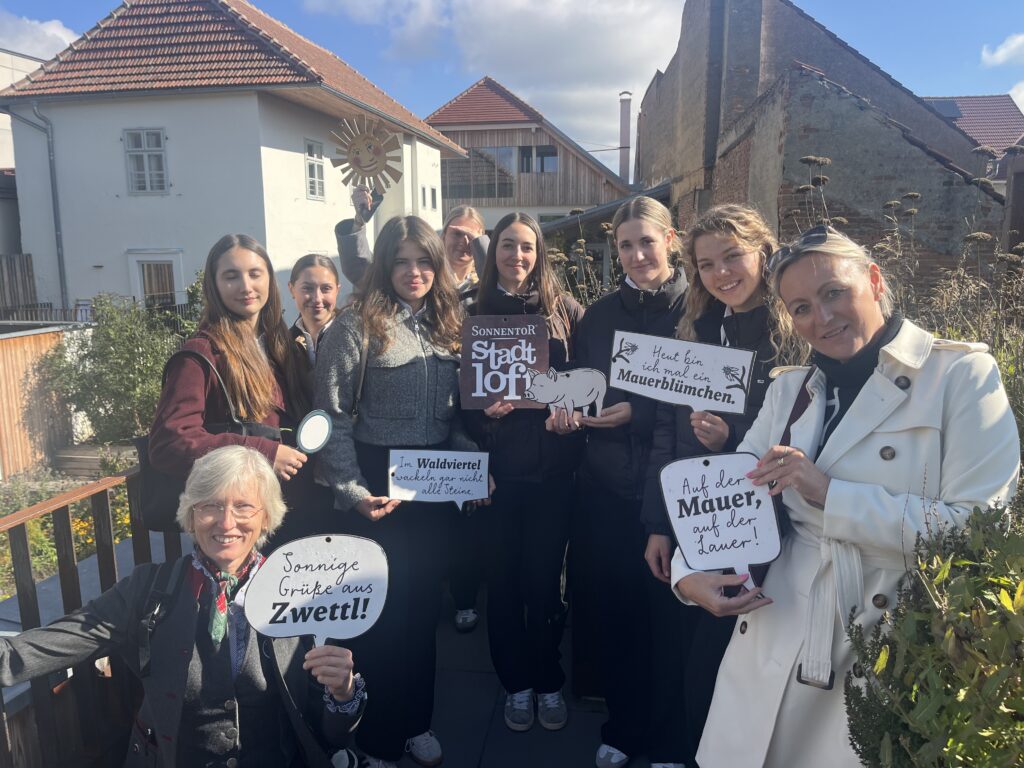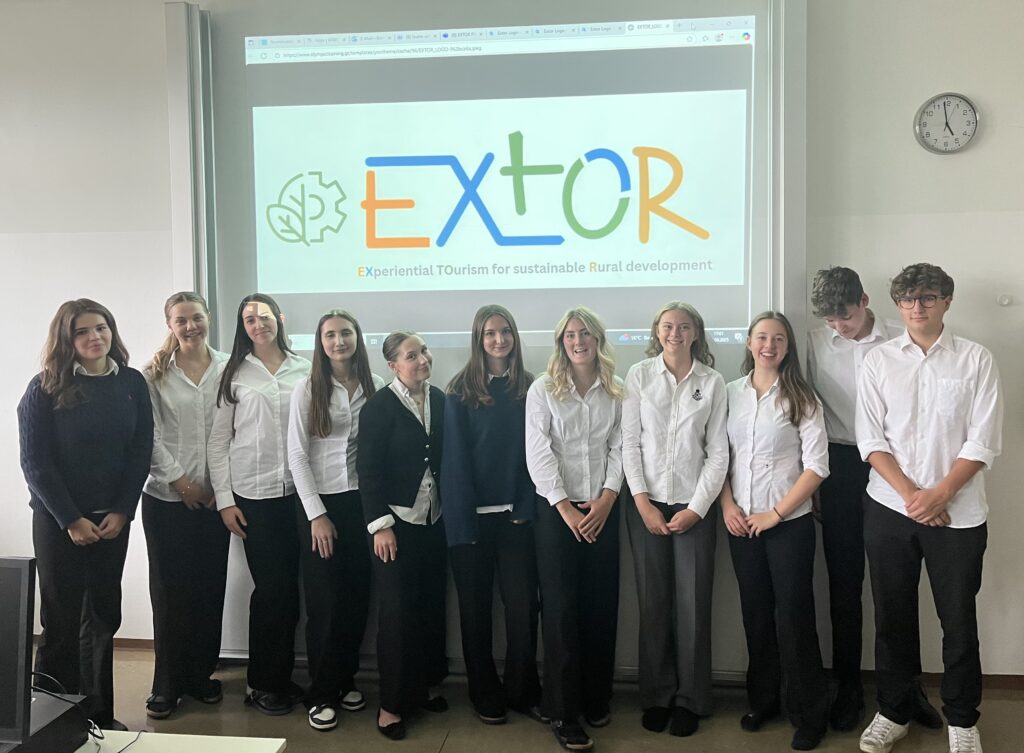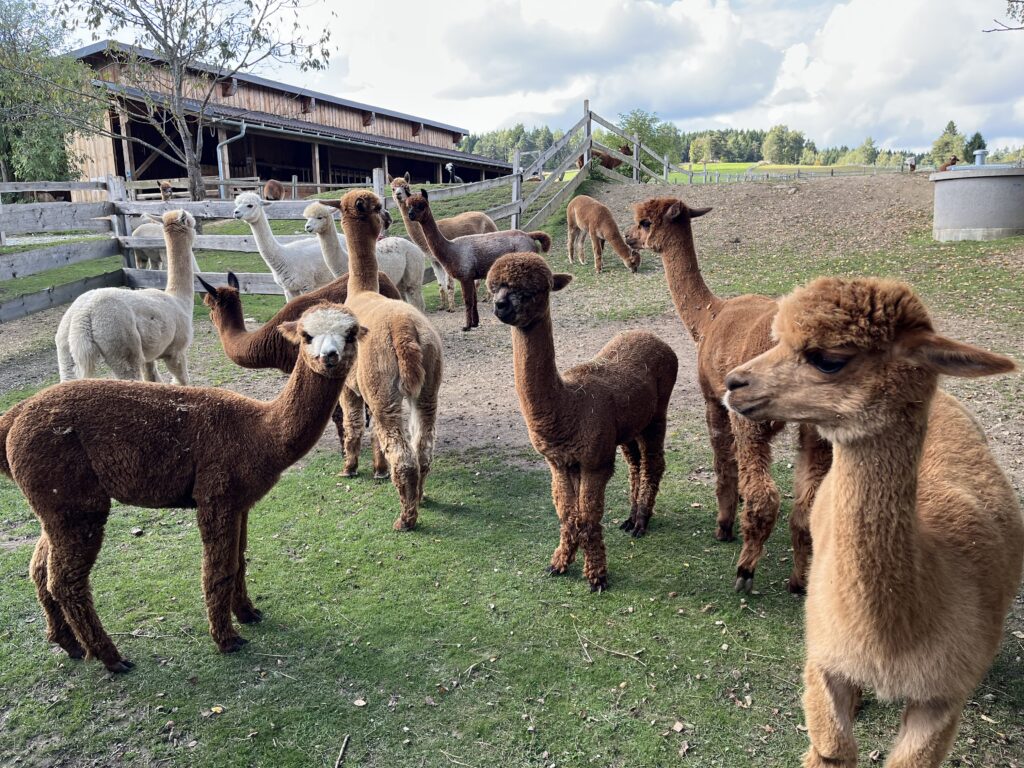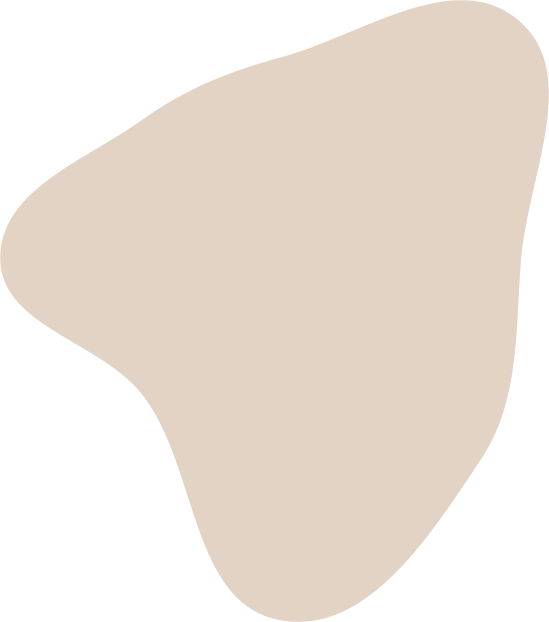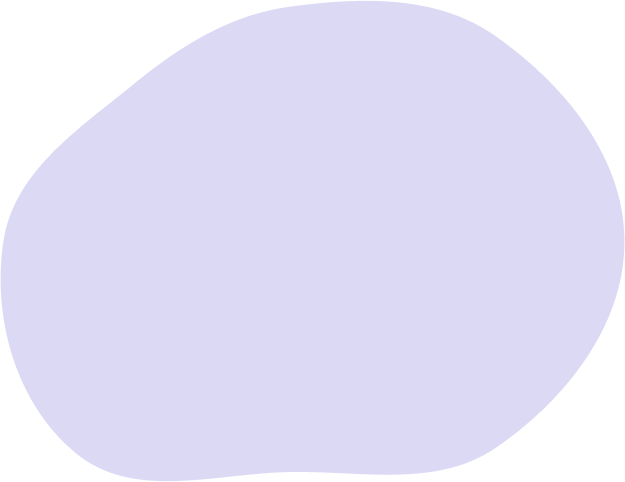Sustainability in action during a field trip to the Waldviertel region as part of the EU project EXTOR
As part of the sustainability work experience course, we students at HLF Krems had the opportunity to participate in the EU project EXTOR.
The EU project EXTOR (Experiential Tourism for Regional Development) promotes sustainable and experience-oriented forms of tourism and offers young people the opportunity to experience tourism development directly on site and to present good examples.
After receiving key input on the topics of sustainable tourism, slow tourism, ecotourism, and rural tourism, we were able to research our excursion destinations for the planned trip to the Waldviertel region in more detail from these perspectives. We were supervised by Lisa-Marie Mahlknecht from the consulting firm “die Berater” and by our teacher Maria Kremsner, who accompanied us throughout the process.
On September 30, our exciting field trip to the Waldviertel region began.
The day started in Mohndorf Armschlag, where everything revolves around poppies. Here, we were warmly welcomed by the Neuwiesinger family. We learned how it all started with an idea and how the village developed into a popular destination thanks to a successful combination of agriculture, tradition, and creativity. We were particularly impressed by the close connection between regionality, community spirit, and the implementation of tourism and gastronomy.
We continued on to the Schwarz Alm Zwettl, a hotel that focuses on sustainability and regionality. We gained interesting insights into hotel operations, the environmental concept, and the importance of sustainable offerings in tourism.
In Zwettl, we visited the tourist information office and were able to explore the SONNENTOR Stadtlofts with Ms. Gutmann. Here, history is brought to life in a perfect way. In the center of Zwettl, there are five unique vacation apartments that offer peace, relaxation, and adventure. They demonstrate how the preservation of listed buildings, innovative design, comfort, and regionality can be successfully combined to invite guests to linger.
We then continued on to the Cardiovascular Center in Groß Gerungs, where we learned how health tourism and prevention have become important pillars of regional development. The “Xundheitswelt” (health world) is particularly worth mentioning here as an important driver of regional agriculture.
A special highlight was the visit to the Sonnenseitn Alpaca Farm in Großpertholz. Nestled among rolling hills, we were able to experience the trusting alpacas up close. Mr. Vogler gave us exciting insights into the husbandry, care, and marketing of the animals—a successful example of how agriculture and tourism can be charmingly combined.
Finally, we received input on tourism in Schrems. Here, we were introduced to the work of regional destination management. We visited the tranquil tree houses in the middle of the forest and the Himmelsleiter (sky ladder) with its view of the high moor.
A big thank you to everyone who welcomed us so warmly and discussed things with us so openly.
The Waldviertel region is very diverse and really has a lot to offer! It was also particularly interesting for us to see how closely businesses, communities, and organizations work together to position the Waldviertel region sustainably.
The field trip impressively demonstrated how sustainability can be practiced in many different ways in tourism – from agriculture and the hotel industry to health and regional development.
We transformed these impressions into business presentations, pitches, and videos, which we also presented.
Through the EU project EXTOR, we were able to experience how innovation, cooperation, and awareness of sustainability are shaping the tourism of the future.
The sustainability classes 4AHLT & 4BHLT
